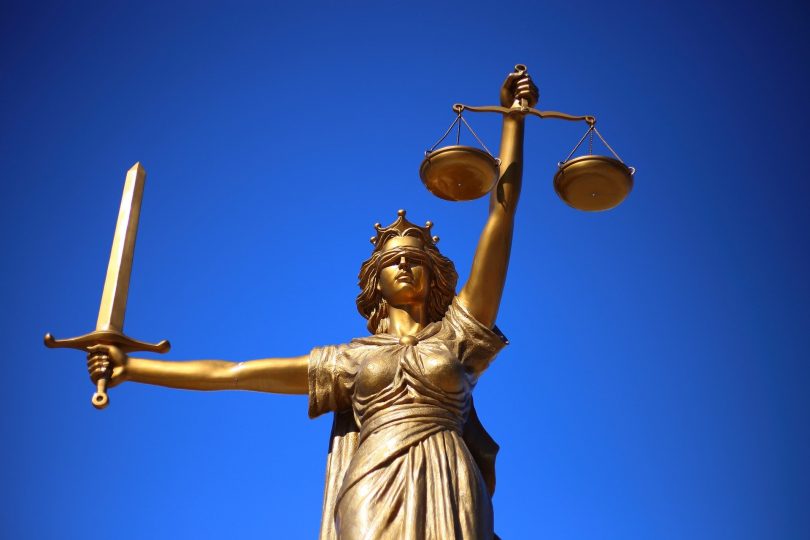
Timothy James Engstrom pleaded not guilty at his trial in the NSW District Court. Photo: Sang Hyun Cho, Pixabay.
A trial has started after an excavator that was shipped from South Africa to Australia over three years ago was discovered to have been filled with almost 300 kgs of cocaine.
When the digger arrived at the border, police replaced the cocaine with an inert substance and sent the machine on its way to a business in Bungendore, which is just outside of Canberra.
But one business owner who allegedly cut inside it and made a “fist bump” in celebration claimed he had no idea it had once contained drugs when his trial started in the NSW District Court on Tuesday (22 November).
Timothy John Engstrom, who ran Bungendore Landscape Supplies (BLS) with his friend and business partner Adam Hunter, has pleaded not guilty to a charge of attempting to posses a commercial quantity of a border controlled drug.
When opening the trial, Crown Prosecutor Adam McGrath told jurors the excavator had arrived in Port Kembla in June 2019 and was scheduled to be delivered to BLS.
When police intercepted and x-rayed it, they saw about 384 packages hidden in its boom arm which were found to contain 276 kgs of cocaine.
Police replaced the drugs, sent the digger on to BLS’s premises on King Street, Bungendore and it arrived on 14 July 2019.
Mr Engstrom then allegedly used an angle grinder to cut into the boom arm. Mr McGrath alleged that when he removed a panel, he and Mr Hunter shared a “fist bump of celebration”.
When Mr Hunter allegedly started pulling out the packages, Mr Engstrom allegedly gave him a bucket to put them into. Police raided the shed shortly afterwards and arrested the two.
Officers had intercepted the pair’s phone calls, installed a camera on the digger and bugged their business’s shed so had recorded their conversations as well as the alleged unpacking of the packages.
Mr McGrath alleged one such conversation was recorded on 11 July 2019, about which he accused the pair of discussing the coming arrival of the digger and what to do if they “get caught”.
Mr Engstron is alleged to have said, “What if it all turns to s–t, what are we doing?”
Mr Hunter allegedly replied, “Nothing”, then Mr Engstrom is alleged to have said, “Every man for himself.”
The two also allegedly discussed getting cars into locations and Mr Engstrom is accused of saying, “It’s good to have a f–king contingency.”
When Mr Engstrom’s defence counsel, Mr Smith, gave his opening address, he said the critical question in the trial was whether the Crown had proved his client did know drugs could be in the excavator.
“He did not know … he was not aware of a substantial risk the excavator contained border controlled drugs,” he said.
Mr Smith said many factors of the case were not in dispute. For instance, by May 2019 the pair’s business had been struggling financially, but he said any suggestion his client became involved in an enterprise to import cocaine due to financial difficulties was denied in the strongest possible terms.
He said there was no dispute the digger arrived with a lot of cocaine, nor that the machine was in a poor condition.
But he said what could actually be made of a conversation on 11 July 2019 would be disputed, as would precisely what was shown on the surveillance devices when the excavator arrived on 14 July 2019.
For instance, there was no disagreement that Mr Engstrom had picked up a torch and used it to examine the machine, but he questioned what his client could or could not see at the time.
Mr McGrath alleged that at least by 14 July 2019, Mr Engstrom either knew or was reckless to the fact that drugs had been in the excavator.
He said the charge was attempted possession because police had removed the actual cocaine.
The trial continues before Judge Gina O’Rouke.







